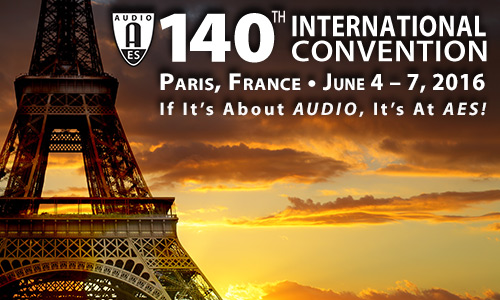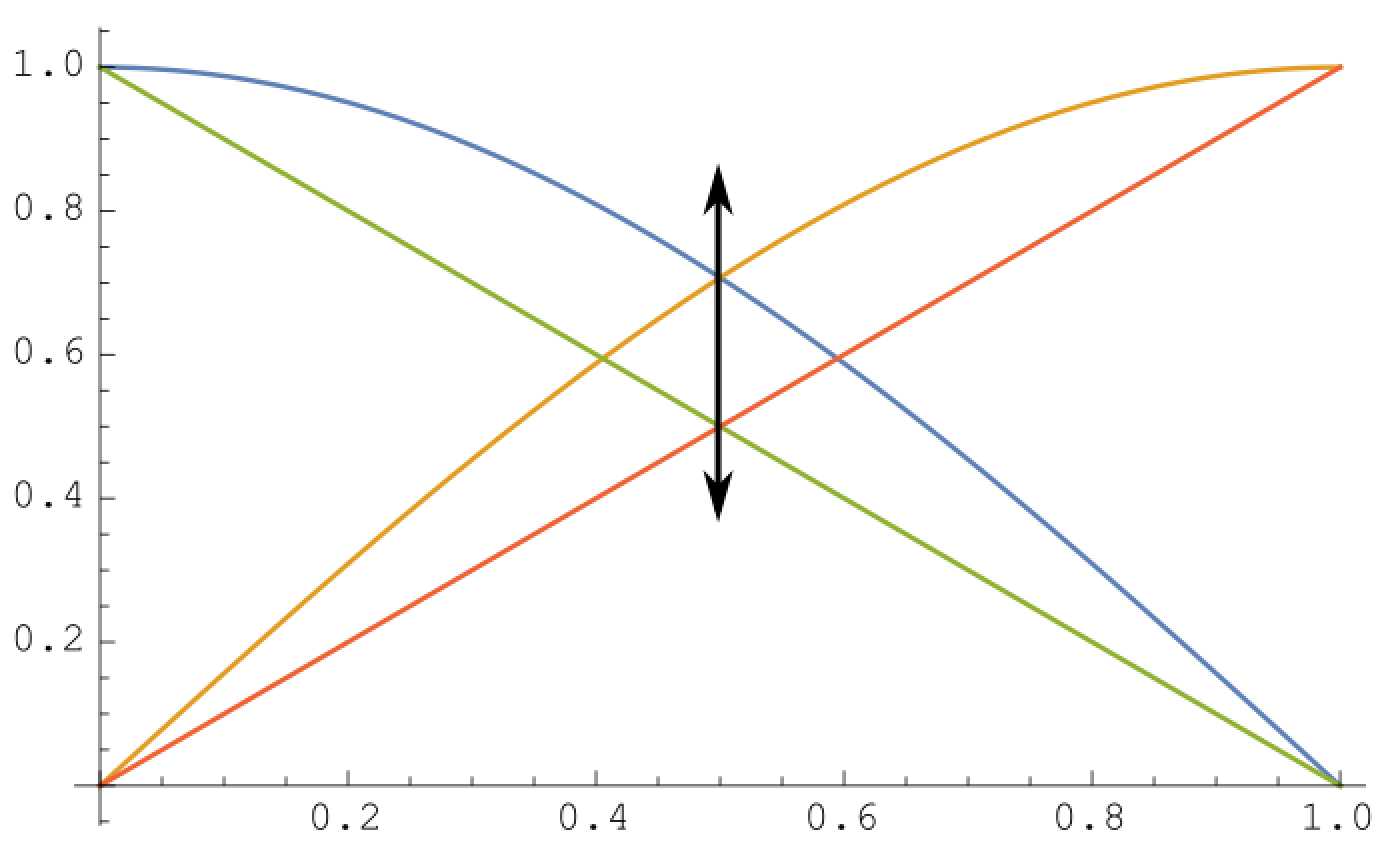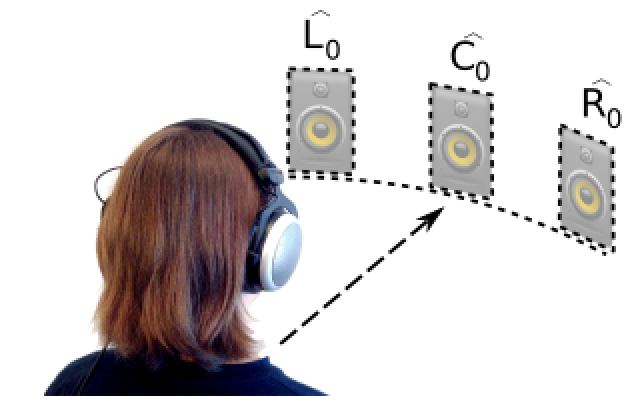
Adepte et pratiquant de l'expérimentation éclairée, motivée par un mode de pensée divergent, avec un intérêt non dissimulé à joindre la Physique aux techniques numériques pour faire reculer la frontière
technologique et artistique.
E-brief at the 143th AES convention in New York, 2017
During the 143th AES convention in New York, Oct 18-21, Coronal Audio has presented a poster and an e-brief describing a technique used in the ARCADE Codec.
International Conference on Spatial Audio (ICSA) in Graz, 2017
During the International Conference on Spatial Audio (ICSA) in Graz, Sept, 2017, Coronal Audio has presented a paper describing some aspects of the ARCADE codec.
Web Audio Conference (WAC), August 2017, Queen Mary University of London, London
Coronal Audio has presented a pure web audio player integrating the ARCADE decoder technology, that is capable of decoding an ARCADE-encoded stereo stream to various formats, including Ambisonics, Binaural (via Google Omnitone), VBAP 2D or 3D, etc.
AVAR Conference of the AES in Los Angeles, Sept, 2016, AVAR Conference
I've made the following technology announcements during a workshop of the 2016 Sept AVAR conference in Los Angeles:
- ARCADE, a 3D audio codec that allow embedding a 3D audio soundfield into a stereo stream and converting it back to a 3D audio format (VBAP, HOA…).
- DuoMic: three mic-ing techniques that allow to record surround or hemispherical 3D sound with only two microphone capsules.
140th AES Conference in Paris, June 4-7, 2016

I have presented two papers and their respective posters at the Audio Engineering Society conference in Paris.
Stereo Panning Law Remastering Algorithm Based on Spatial Analysis

Presented in Sunday's paper session P7 and in Monday's poster session P19.
Abstract
Changing the panning law of a stereo mixture is often impossible when the original multitrack session cannot be retrieved or used, or when the mixing desk uses a fixed panning law. Yet such a modification would be of interest during tape mastering sessions, among other applications. We present a frequency-based algorithm that computes the panorama power ratio from stereo signals and changes the panning law without altering the original panorama.
Paper available on the AES website.
Non-Linear Extraction of a Common Signal for Upmixing Stereo Sources

Presented in Sunday's paper session P7 and in Monday's poster session P19.
Abstract
In the context of a two- to three-channel upmix, center channel derivations fall within the field of common signal extraction methods. In this paper we explore the pertinence of the performance criteria that can be obtained from a probabilistic approach to source extraction; we propose a new, non-linear method to extract a common signal from two sources that makes the implementation choice of deeper extraction with a criteria of information preservation; and we provide the results of preliminary listening tests made with real-world audio materials.
Paper available on the AES website.